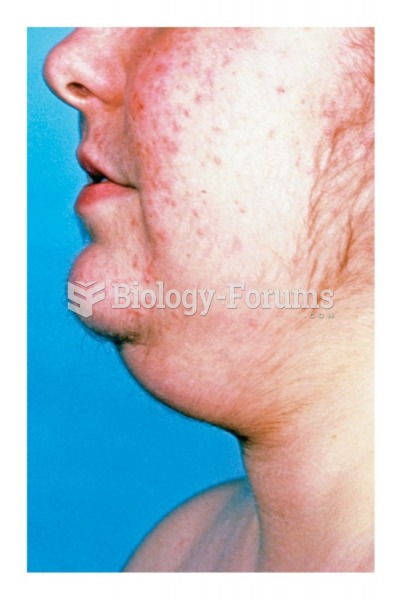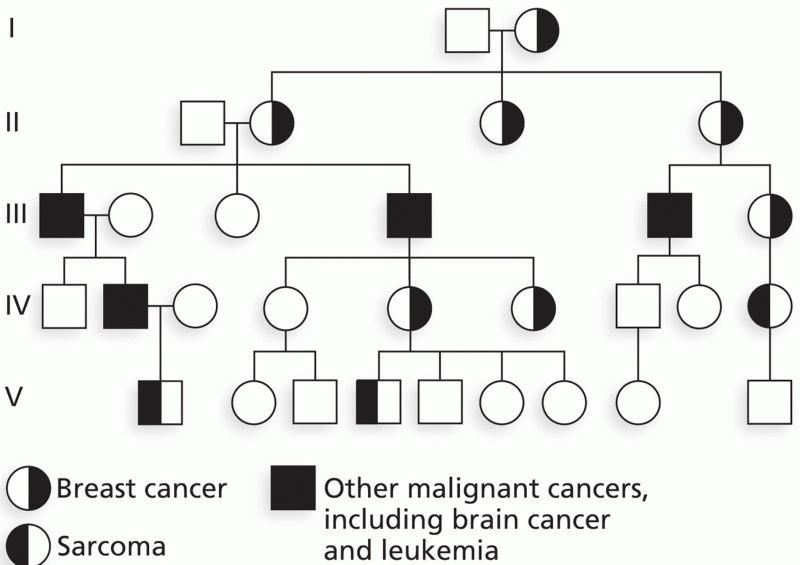|
|
|
Women are 50% to 75% more likely than men to experience an adverse drug reaction.
Cocaine was isolated in 1860 and first used as a local anesthetic in 1884. Its first clinical use was by Sigmund Freud to wean a patient from morphine addiction. The fictional character Sherlock Holmes was supposed to be addicted to cocaine by injection.
Multiple sclerosis is a condition wherein the body's nervous system is weakened by an autoimmune reaction that attacks the myelin sheaths of neurons.
Pink eye is a term that refers to conjunctivitis, which is inflammation of the thin, clear membrane (conjunctiva) over the white part of the eye (sclera). It may be triggered by a virus, bacteria, or foreign body in the eye. Antibiotic eye drops alleviate bacterial conjunctivitis, and antihistamine allergy pills or eye drops help control allergic conjunctivitis symptoms.
There are more bacteria in your mouth than there are people in the world.
 Cushing’s syndrome. A photograph of a woman with the characteristic facial features of Cushing’s syn
Cushing’s syndrome. A photograph of a woman with the characteristic facial features of Cushing’s syn
 Common skin signs are often evidence of an illness or disorder. A macule is a discolored spot on the ...
Common skin signs are often evidence of an illness or disorder. A macule is a discolored spot on the ...





